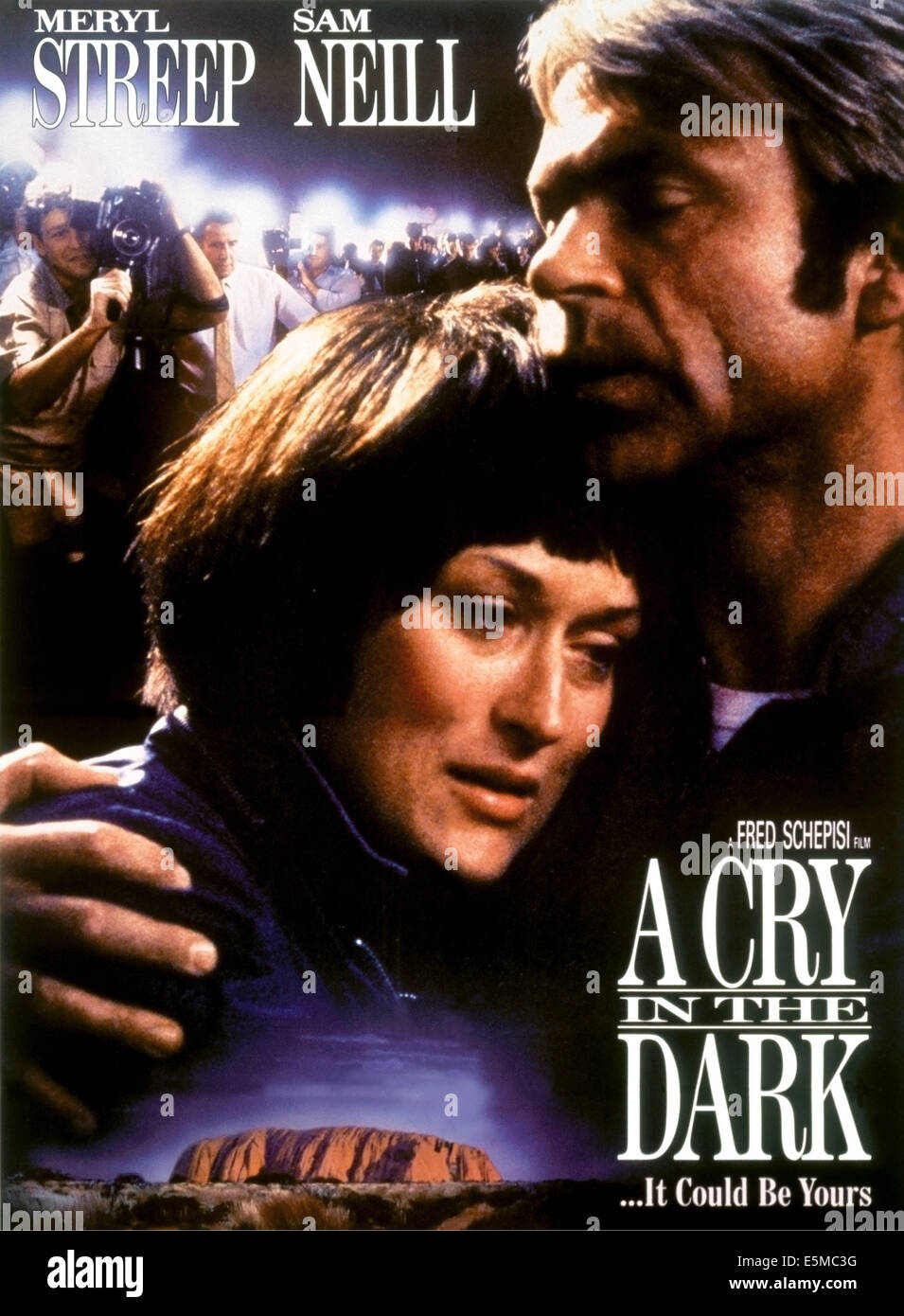 My Fair Lady
My Fair Lady, 1964
Eliza (Audrey Hepburn) is a poor flower-girl on the streets of London, who one day comes to the attention of phonetics specialist Henry Higgins (Rex Harrison). In conversation with new friend Colonel Pickering (Wilfrid Hyde-White), Higgins brags that he could transform Eliza into a lady just with the power of refining her language. The two butt heads as Higgins is determined to pass Eliza off as upper class in even the most elite society.
Sometimes a film leaves me feeling so torn--with both extreme love and extreme loathing for elements of it--and this is exactly such a case.
There are so many amazing strengths to this film. The costume design is absolutely amazing, and it pairs with set decoration that equally sumptuous. The outfits are breathtaking, and my favorite sequence by far was the one that takes place at a racetrack, where the use of black and white in both the costuming and the set took on almost an abstract quality. There is an open, theatrical quality to the sets, and at times the film looks more like a painting than a moving picture. When you add in some excellent choreography and staging--such as the wealthy people watching the horse race with absolutely no emotion--it feels truly next level.
The music is also really solid. At last, I know where the tune "With a little bit" that has haunted my brain for 30 years came from. Many of the songs are very memorable, and I have to give props for some of the more bold slant rhymes, like rhyming "Budapest" and "ruder pest".
The story itself, from Shaw's play and something I've also seen in
Pygmalion, is engaging. It raises a lot of interesting questions about social hierarchy and how elements of someone's life outside of their control--like the way they have learned to speak--can have a tremendous impact on their outlook in life. The film keenly observes the way that Eliza becomes stranded between two worlds as she takes on the appearance of someone raised in wealth but doesn't have the life experience. One of the best parts of the film (well, the play and also the earlier film) is when Eliza has a mannered conversation with some wealthy race attendees . . . but ends up delivering a story of the death of her drunken aunt, remarking repeatedly on the mysterious disappearance of said aunt's new straw hat.
There were two things that really dinged the film for me, one was more minor, but one was much more significant.
The more minor complaint was that I just wasn't into the speak-singing that Harrison did through the whole film. I can see this totally not bothering many people, but it just sort of irked me every time.
But the bigger complaint, and one that kind of soured the film for me, was the way that it revises Shaw's ending to the story. Now, I've already been through this particular mourning, because
Pygmalion did the exact same thing. And would a major big-budget production have the guts to actually show a woman exiting an unhealthy relationship? Of course not! He really loves her, guys! Or, I mean, he's "gotten used to her face."
It's just trash, I'm sorry but it is. Eliza, in the final act of the film, is finally able to stand up to Higgins--the man who has verbally and physically abused her--and then he pulls the
incredibly manipulative tactic of saying "Oh, well now that you've stood up for yourself I find you attractive!". She QUITE RIGHTLY smiles at him in derision and walks out on him. . . . for an hour or so. The entire point of the character arc for Eliza is that she finally achieves autonomy, having both the drive and now the socially-acceptable exterior to survive on her own. But the film is afraid to let her have this autonomy for more than about 10 minutes of run time. What only makes it all worse is that Eliza has a very nice suitor (a young Jeremy Brett, SWOON!) who, you know, isn't 20 years older than she is. Her vision is to work in a flower shop and be married to him and it's such an act of cowardice that the film has to pull a hard right turn from this ending.
Eliza comes back to him because . . . ? The film makes a big to-do about how sad Higgins is that Eliza is gone, but he is actively disrespectful toward her. (His argument that he's disrespectful to everyone and thus practices equality falls incredibly flat for me, especially when it seems that he never says anything derogatory to many of the other characters but unendingly calls Eliza "baggage" or a "hussy" or a "crushed cabbage leaf"). His song about how we wishes women were more like men is just baffling. It's increasingly clear that he wants Eliza around because he's used to her and she's a part of his routine that makes his life easier. I found all of his remarks to and about her in the last act deeply unromantic, and I felt increasingly annoyed knowing that the hand of the Hollywood studio was going to send her right back into his arms. Yes, this was three paragraphs about how much I hate the ending, but for me it is a tremendous fail and it sinks the last 20 minutes.
If the film had the guts to stick with the original ending, this would probably be a near perfect score for me. But as it neuters one of the most powerful dynamics of the play, it's relegated to "eh" status for me. I can't imagine watching it again.






